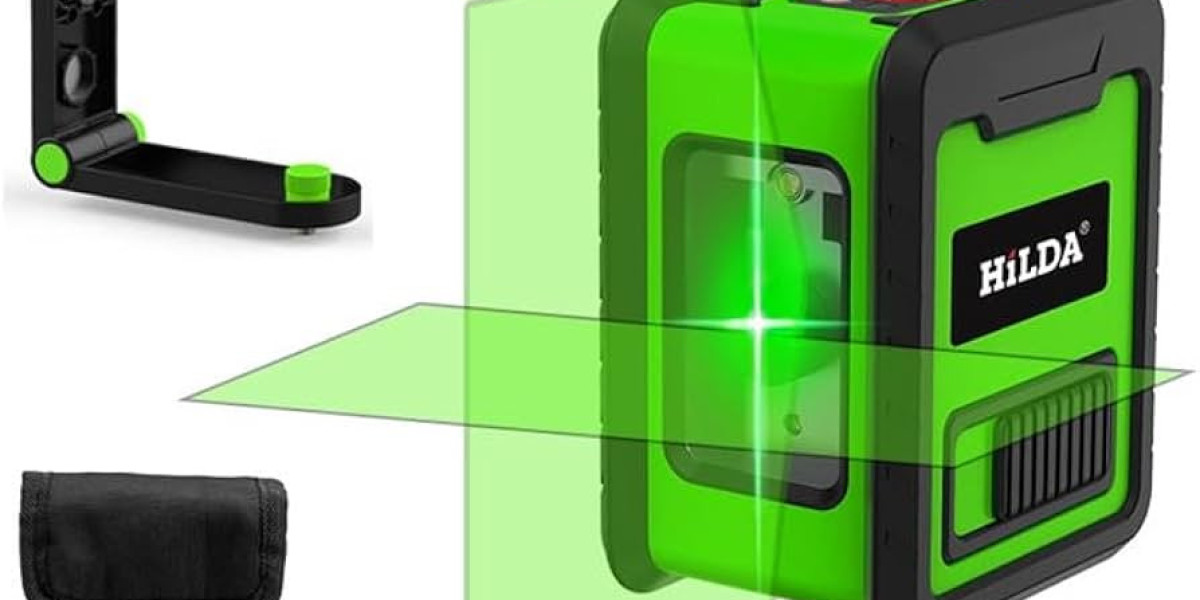The United Arab Emirates continues to be a magnet for global talent, offering abundant opportunities across various sectors. For expatriates looking to build a career in this dynamic nation, a valid work permit is not just a formality – it's the bedrock of legal employment and a secure future. Regularly checking your UAE work permit status is not merely a good practice; it's an essential act of due diligence that can prevent significant legal, financial, and personal repercussions.
The Foundation of Legal Employment
In the UAE, working without a valid work permit, also known as a labor card, is strictly illegal. The Ministry of Human Resources and Emiratisation (MOHRE) is the primary authority responsible for issuing and regulating these permits in the private sector. Your work permit is your official authorization to be employed in the country and is intrinsically linked to your residency visa. Without it, you are in violation of UAE labor laws, which can lead to severe penalties for both the employee and the employer.
Avoiding Costly Consequences
The consequences of an expired or invalid work permit can range from inconvenient to life-altering:
- Hefty Fines: Overstaying your visa or working without a valid permit incurs daily fines, which can quickly accumulate into a substantial financial burden. These fines can be as high as AED 50 per day, plus additional fees for an exit permit if you're leaving the country.
- Legal Action and Deportation: Beyond fines, individuals found working illegally or overstaying their visa face the risk of detention and deportation. This can severely impact your ability to re-enter the UAE in the future and could even affect your travel to other countries.
- Travel Bans: An expired or invalid work permit can lead to travel bans, preventing you from leaving or re-entering the UAE. This can have significant implications for personal and professional commitments.
- Damage to Your Immigration Record: A negative immigration record due to non-compliance can hinder future visa applications to the UAE and potentially other nations.
- Loss of Employment and Benefits: Your employer is legally obligated to ensure all their employees have valid work permits. If yours expires, they may be compelled to terminate your employment to avoid penalties themselves, leading to a sudden loss of income and benefits.
Proactive Steps to Stay Compliant
Checking your work permit status is a straightforward process, primarily facilitated by MOHRE. Here's how you can do it and why it's crucial:
Utilize Official Channels:
- MOHRE Website/App: The Ministry of Human Resources and Emiratisation provides online portals and mobile applications where you can check your work permit status using your Emirates ID or application reference number. This is the most common and efficient method.
- ICP Smart Services: For residents of Abu Dhabi, Sharjah, Ajman, Umm Al Quwain, Ras Al Khaimah, and Fujairah, the Federal Authority for Identity, Citizenship, Customs and Port Security (ICP) Smart Services portal can be used to verify visa details and validity.
- GDRFA Dubai: If your visa was issued in Dubai, the General Directorate of Residency and Foreigners Affairs – Dubai (GDRFA) website is the platform to check your status.
- Call Centers: Both MOHRE and ICP offer call center services where you can inquire about your status.
- MOHRE Website/App: The Ministry of Human Resources and Emiratisation provides online portals and mobile applications where you can check your work permit status using your Emirates ID or application reference number. This is the most common and efficient method.
Understand Your Status: When checking, familiarize yourself with common statuses such as "Under Process," "Approved," "Pending" (requiring more information), "Expired," or "Cancelled." Each status has specific implications and may require different actions.
Monitor Validity and Grace Periods: Work permits in the UAE are typically valid for two years and are renewable. While there are grace periods after cancellation or expiry (which vary depending on the visa type, ranging from 30 to 180 days), it's crucial not to rely solely on these. Proactive renewal is always the best approach. Staying informed about your work permit's expiry date allows you and your employer to initiate the renewal process well in advance, usually at least 30 days prior to expiration.
Communicate with Your Employer: In most cases, your employer is responsible for initiating and managing your work permit application and renewal. Maintain open communication with them to ensure they are on top of the process and have all necessary documents.
Keep Documents Updated: Ensure your passport, Emirates ID, and all relevant academic and professional certificates are valid and updated. Inaccurate or expired documents can cause delays or rejections in your permit application or renewal.
The Bottom Line
Your UAE work permit is more than just a piece of paper; it's your legal entitlement to work and reside in the country. Regular checks ensure you remain compliant with labor laws from work and residency visa, safeguard your employment, and protect yourself from unnecessary fines, legal complications, and potential deportation. In a country that values strict adherence to its regulations, being proactive about your work permit status is a testament to your responsibility and a vital step towards a stable and successful life in the UAE.



